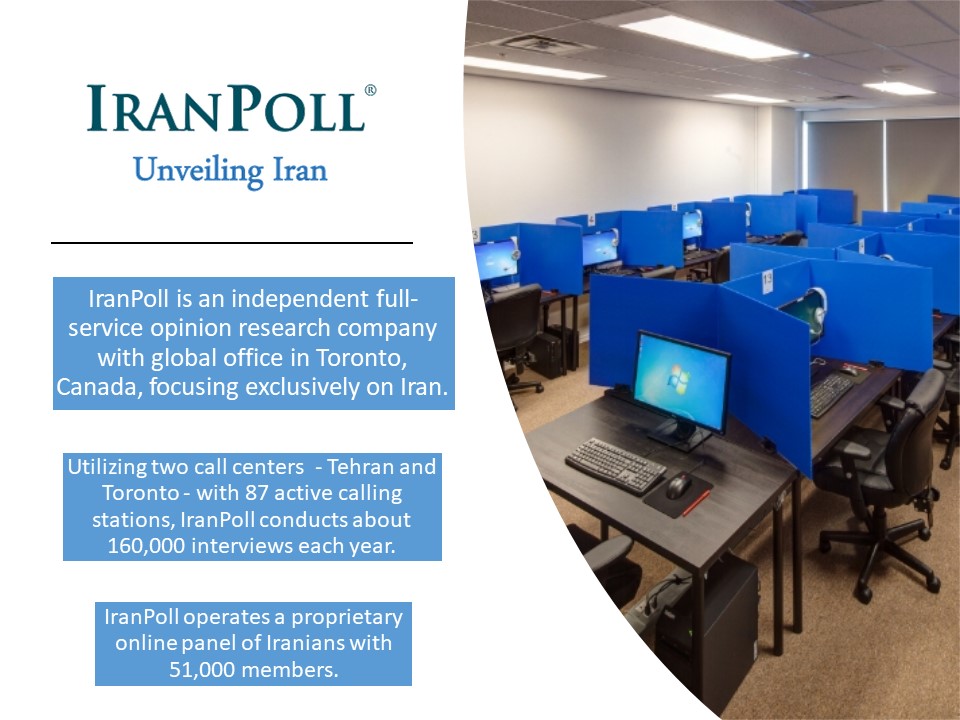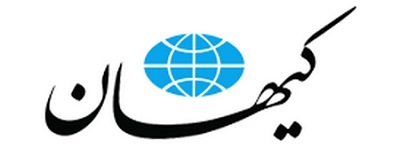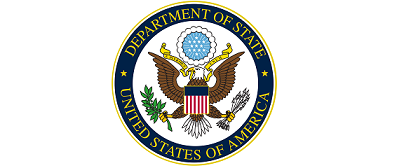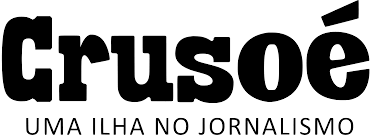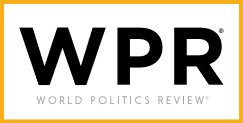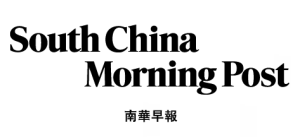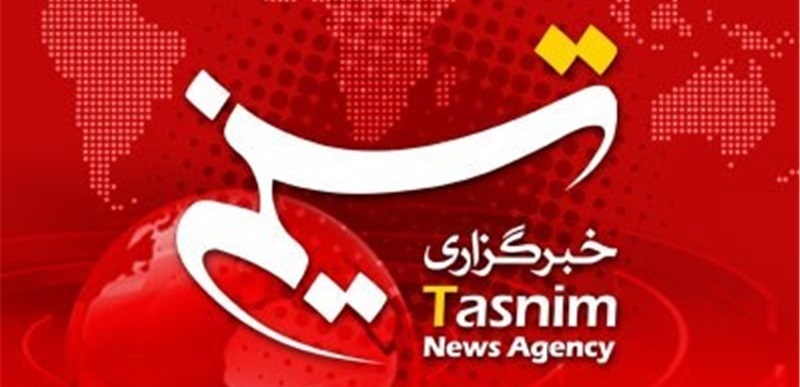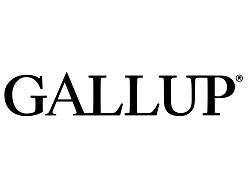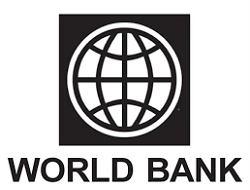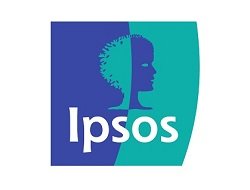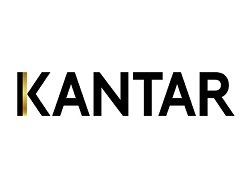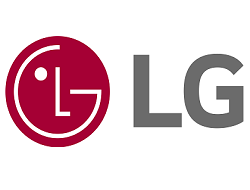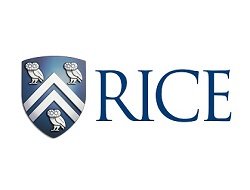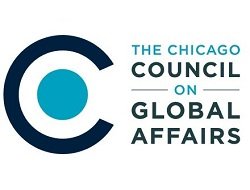From November 6 to December 29, 2016, IranPoll conducted a nationally representative survey with a sample size of 5,005 for Princeton University using our standard probabilistic sampling as detailed here. The results of this survey are published here, and the full PDF report is also available here.
The data were collected as a part of Iran Social Survey (ISS). IranPoll interviewers for ISS project asked respondents about civil society participation, household usage of state social services, self-identification across ethnic or language groups, and family demographics including parents and grandparents’ occupational histories.
The scholars from Princeton University and University of California, Los Angeles (UCLA) who were in charge of this study conducted a number of quality controls on the data collected for them by IranPoll. They concluded in their final report (page 32) (also available here to download):
“Recent technological advances have afforded social scientists new opportunities to monitor the design and implementation of survey questions, participate in fieldwork, and improve various quality control mechanisms, such as listening to a sample of recorded interviews. […]
Importantly, self-reported demographic and turnout data, as described above, match figures found in the Iranian census and released by the Ministry of Interior. Falsification techniques, such as calculating the percentage of matching interviews, were applied to the data as an additional check after the survey data was initially collected.”
On Feb 4, 2018, one of the scholars in charge of the project from Princeton University published further details about the quality control techniques they utilized to test IranPoll data on his Twitter account available here. The scholar concluded:
“We took advantage of existing techniques to ensure we could trust the data: for example, we listened to a random sample of anonymized interviews to gauge the comfort level of respondents. We tested different terms to ensure the reliable measurement of important concepts. […]
We used this technique (percentMatch) after we conducted our own survey with @IranPoll. Here is what we found: a normal distribution, zero interviews with a maximum percent match of 85%, 45 interviews (<1%) with a maximum percent match over 80%.”
IranPoll is proud that our collected data satisfied the scientific standards and quality control techniques conducted by these scholars.
Below are three images from the report and the result of the “percentMatch” technique as published on Twitter (mentioned above):






